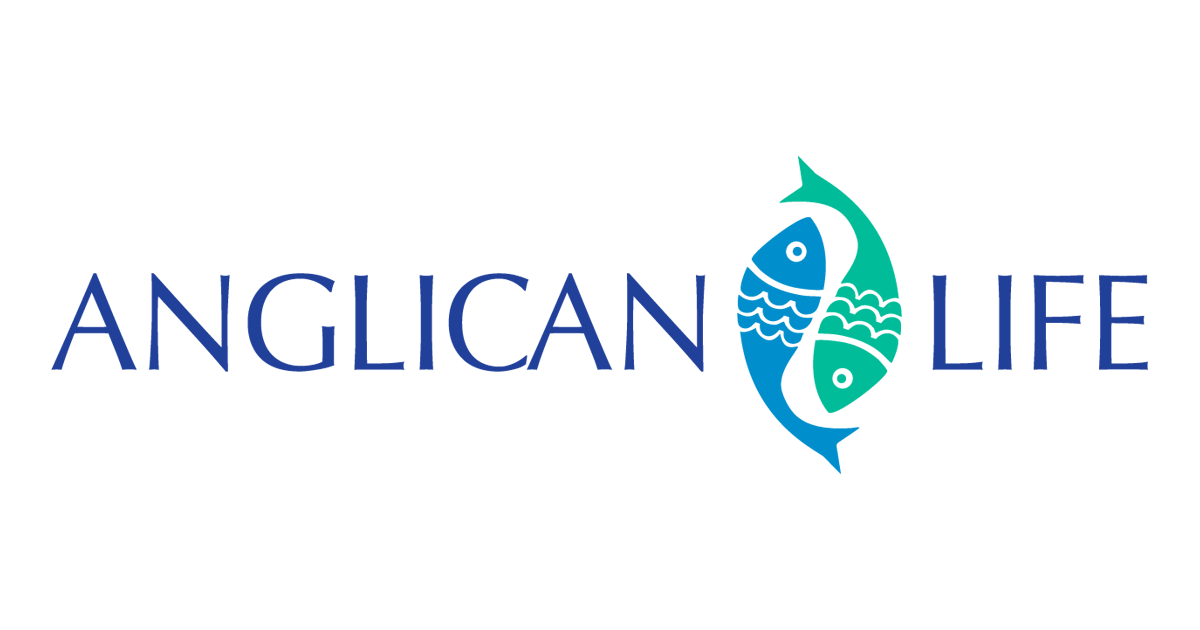One is never too old to learn! I usually pick up an idea or two when I participate in estate planning presentations even though I have been around the block for many years. Such was the case recently when I participated in a Zoom talk on estate and will planning. The talk was conducted by a couple of seasoned financial planners.
They began their chat by defining estate planning as “the process of making a plan in advance of your death and identifying those whom you want to receive your assets after you die.” By doing this, you reduce uncertainty, minimize taxes, and ensure the delivery of your assets to your intended beneficiaries.
Another point: The Canada Revenue Agency (CRA) is the first beneficiary of any estate plan. “CRA treats your estate as though the assets are sold, meaning taxes are due—unless the estate is inherited by the surviving spouse or common law partner where certain exceptions are possible.” Another area of taxation is when the will is being probated (validated by the courts), this process can charge probate fees which vary from province to province and are generally based on a percentage of the estate’s value.
They recommended that couples arrange for Enduring Powers of Attorney. This gives someone the power and authority to make decisions on your behalf regarding financial matters, if you become unable to act due to mental incapacity. This, they suggested, was probably more important than a will because chances are we will all go through a period of incapacity in our lifetime.
They also had a suggestion for parents with “special needs kids/adults.” If this is the case, and you wish to leave something in your will for those individuals, you can use the “Henson Trust.” This trust ensures that the disabled person is provided for financially, even in the event of the subsequent incapacity of the settlor (usually a parent) who established the trust. This allows for your dependent child/adult to benefit from government services and at the same time, receive support from your will.
A number of bullets of wisdom that came out of the presentation:
- Rule number one: do not die intestate, which means without a will. It is also essential that you consult a lawyer.
- Family law only recognizes married couples. Common law spouses do not have claim to matrimonial property. In the event of divorce, the will needs to be updated.
- The will still prevails after divorce if the former spouse is listed as a beneficiary.
- You will pay more taxes in the year of your death than any other year.
- When someone dies, it brings out the worst and/or the best in people.
Finally, they suggested that you can reduce income tax by making charitable donations. That would include a bequest in your will for your church. Such a bequest would be eligible for federal and provincial tax credits. Essentially, it is a win-win situation: By having a bequest in your will for your church or its ministry, your estate gets a tax credit and reduces the amount you would be required to pay the government. And, your church benefits from your stewardship. How good is that!


